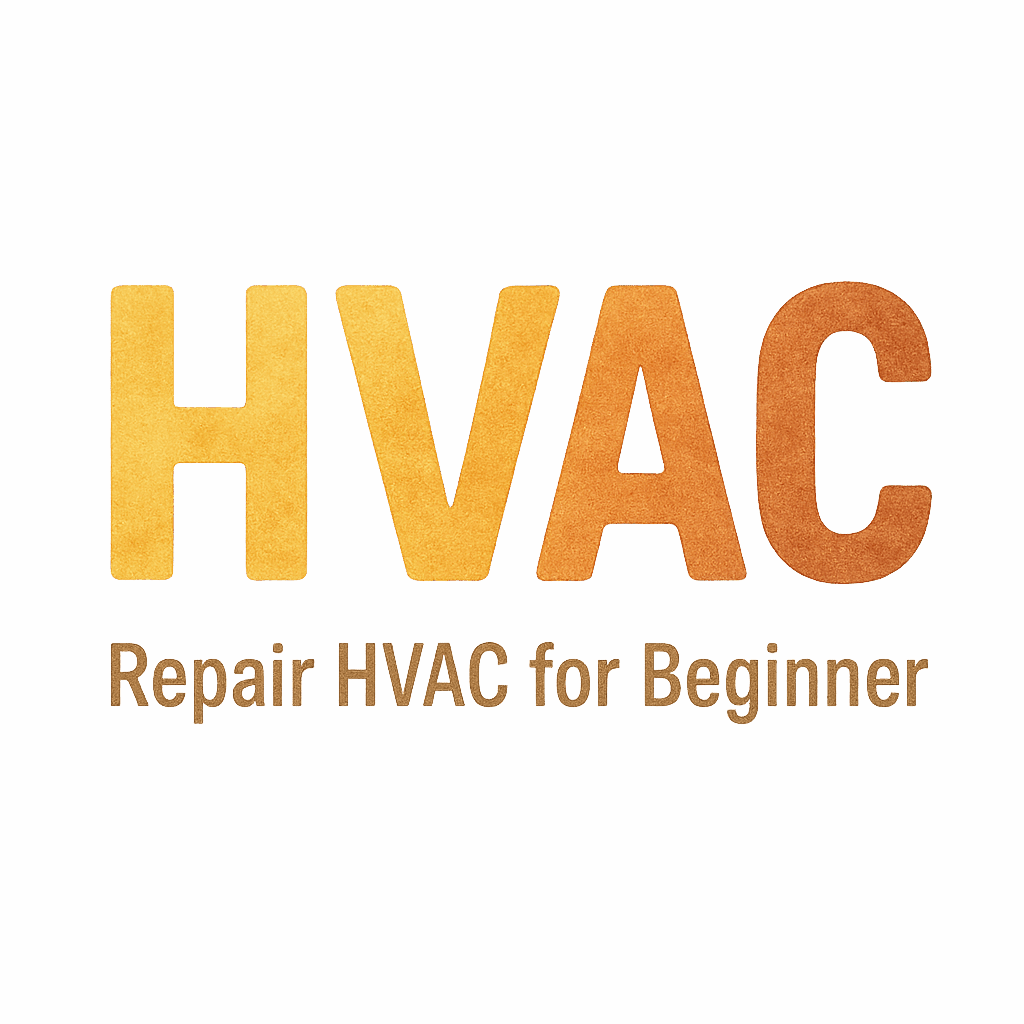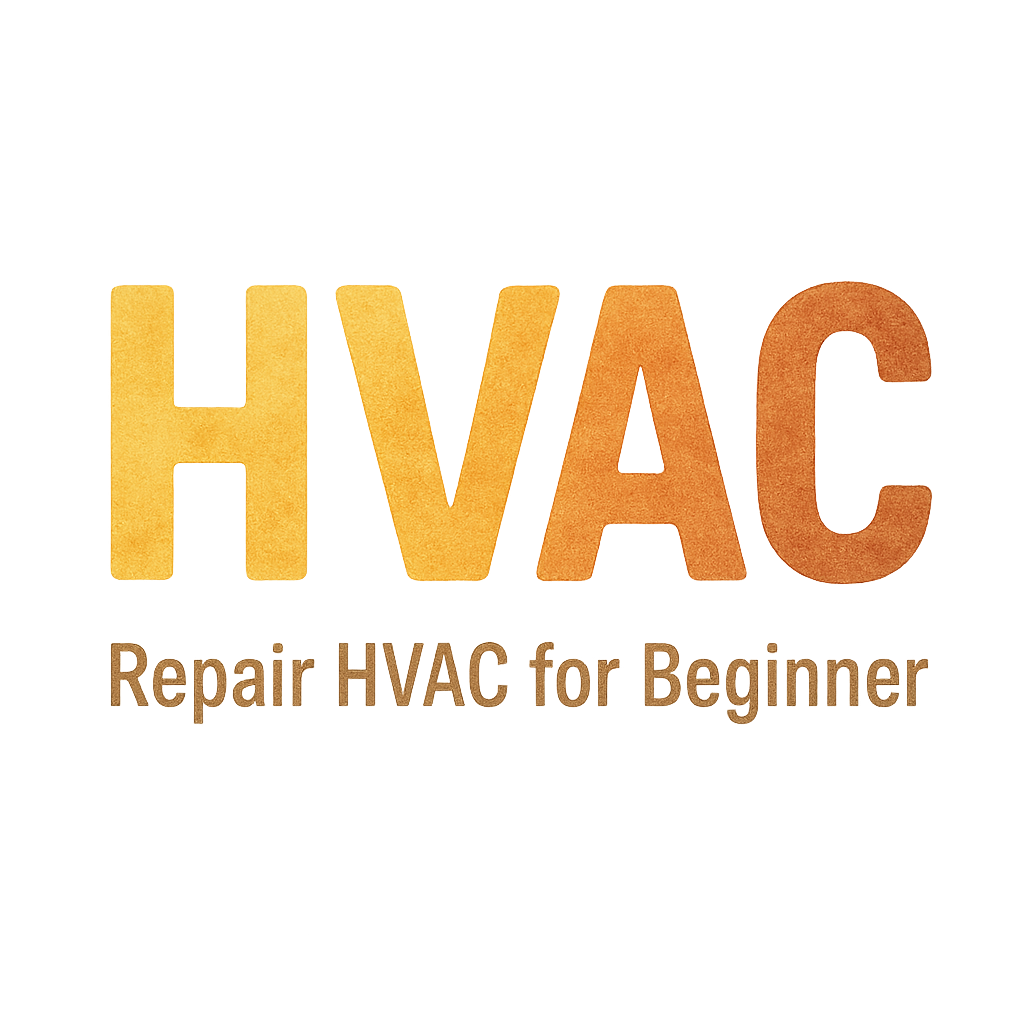Introduction to HVAC Systems for Beginners
Maintaining your HVAC (Heating, Ventilation, and Air Conditioning) system is crucial for ensuring your home stays comfortable year-round. If you’re a beginner to HVAC maintenance, you might feel overwhelmed by all the components and terminology involved. But don’t worry — we’ve got you covered. A little routine care can go a long way in improving system efficiency, extending its lifespan, and preventing costly repairs. This guide will break down five easy-to-follow HVAC checklists that are ideal for beginners.

What is HVAC?
HVAC stands for Heating, Ventilation, and Air Conditioning. It’s a system designed to regulate the temperature, humidity, and air quality of your home. Your HVAC system includes components such as the furnace, air conditioner, ducts, thermostat, and more.
Why Regular Maintenance is Essential
Proper HVAC maintenance is key to keeping your home comfortable and safe. Regular checkups prevent unexpected breakdowns, improve energy efficiency, and extend the life of your system. A well-maintained HVAC system works more efficiently, saving you money on energy bills. Plus, routine maintenance can help catch potential issues before they become costly problems. For more information on basic HVAC system care, check out our guide on HVAC System Diagnosis.
1. Basic HVAC System Inspection
A basic system inspection is the foundation of any HVAC maintenance checklist. For beginners, this is a simple yet important step to identify any immediate problems.
Visual Inspection of HVAC Units
Start by visually inspecting your HVAC system. Check for any obvious signs of wear, rust, or leakage. Look at the outdoor unit (if you have an air conditioner) and ensure it’s clear of any debris like leaves or dirt. For cleaning tips, refer to our article on HVAC Maintenance Cleaning.
Checking for Leaks and Damages
Inspect the pipes and connections for leaks, especially near the furnace and air conditioner. Leaks can lead to a decrease in system efficiency and an increase in energy bills. If you’re unsure how to identify or fix these leaks, refer to our Troubleshooting and Repair guide.
Importance of Clean Coils and Filters
Dirty coils or filters can significantly reduce the efficiency of your HVAC system. Blocked filters restrict airflow and can cause your system to overheat, while dirty coils can reduce the cooling or heating capacity of your unit. Learn more about filter care in our Filter Problems section.
How to Clean HVAC Coils
To clean the coils, turn off the power to your unit. Use a coil cleaner or a soft brush to remove dirt and dust. Gently clean the evaporator and condenser coils to restore optimal airflow. If you’re unsure about the process, check out our HVAC Troubleshooting for more details.
Replacing Dirty Filters
HVAC filters should be replaced every month to ensure optimal performance. Dirty filters block airflow, causing the system to work harder and use more energy. Simply remove the old filter and replace it with a new one designed for your specific HVAC system. For more information, refer to our Repair Tips.
2. Airflow and Ductwork Check
Your HVAC system depends on smooth airflow, so it’s important to check ducts and air vents for any blockages or leaks.
Inspecting Air Ducts for Blockages and Leaks
Inspect the ducts that run throughout your home. Look for any visible holes or blockages that might be preventing air from circulating. Small leaks in your ductwork can lead to a significant loss in heating or cooling efficiency. For detailed troubleshooting, visit our HVAC Troubleshooting.
How to Fix Air Duct Leaks
If you find any leaks in your ducts, you can seal them with duct tape or a specialized sealant. If the leaks are more serious, you may need to call a professional to replace damaged sections of the ductwork. Check out our guide on Repair Mistakes for tips on handling these types of issues.
Cleaning and Unclogging Air Vents
Over time, air vents can get clogged with dust and debris. Use a vacuum or a damp cloth to clean your vents. This will improve airflow and ensure your HVAC system operates efficiently. Learn how to properly maintain your system in our Protective Equipment guide.
3. Thermostat Settings and Calibration
Your thermostat controls your home’s temperature, so it’s crucial to ensure it’s set correctly and calibrated properly.
Ensuring Accurate Temperature Readings
Check your thermostat’s accuracy by comparing the temperature it reads to a digital thermometer. If there’s a noticeable discrepancy, recalibrating your thermostat may be necessary. For more on setting temperatures, refer to our HVAC Basics for Beginners article.
How to Recalibrate Your Thermostat
Most modern thermostats allow for easy recalibration. Check your thermostat’s manual for instructions on how to reset or calibrate the device. For additional tips on how to get the most out of your thermostat, visit our Month-to-Month Care guide.
When to Replace Your Thermostat
If your thermostat is outdated or no longer works properly, it may be time for a replacement. Upgrading to a smart thermostat can provide better temperature control and even save you money on your energy bill. Check out our article on HVAC System Diagnosis for guidance on system upgrades.
4. HVAC Filter and Blower Maintenance
Filters and the blower motor play a major role in the overall performance of your HVAC system. Regular maintenance ensures everything runs smoothly.
Importance of Regular Filter Changes
As mentioned earlier, changing your filter every month is one of the easiest ways to maintain your HVAC system. A clean filter helps prevent dirt from entering your system, improving airflow and preventing blockages. Check out our Monthly Care checklist for more tips.
Cleaning and Maintaining the Blower Motor
The blower motor helps circulate air throughout your home. Over time, dust and dirt can accumulate on the motor, affecting performance. Clean the motor by gently removing dust with a soft brush or cloth. For additional blower motor tips, refer to our HVAC Troubleshooting page.
How to Clean or Replace the Filter
To replace or clean the filter, simply remove the old one from its slot and insert a new one. If you are cleaning the filter, wash it gently with warm water and mild soap, then allow it to dry before re-inserting. Learn more about cleaning and replacing filters in our Beginner Maintenance section.
5. Checking and Maintaining Refrigerant Levels
Refrigerant is the fluid that cools your air, so maintaining proper refrigerant levels is essential for cooling efficiency.
How Low Refrigerant Levels Affect Your HVAC
Low refrigerant levels can lead to insufficient cooling and potentially cause your air conditioner to overheat. If your system is struggling to cool the air, low refrigerant could be the issue. For more information on handling refrigerant issues, visit our Repair Safely guide.
How to Check Refrigerant Levels
Checking refrigerant levels should be done by a professional HVAC technician. However, if you suspect that the refrigerant level is low, it’s important to call in a professional immediately to avoid damaging your unit.
When to Call a Professional for Refrigerant Refill
If you need a refrigerant refill, it’s best to call a certified HVAC technician. They can ensure the proper amount of refrigerant is added, and they’ll also check for any leaks that could be causing the issue. You can also find more on this topic in our Repair Tips.
Conclusion: The Importance of Regular HVAC Checkups
Regular HVAC checkups are essential for maintaining the efficiency and longevity of your system. By following the five simple checklists outlined in this article, you’ll be able to catch potential issues early and avoid expensive repairs. Whether you’re a beginner or a seasoned homeowner, these steps will help you ensure your HVAC system is in top shape year-round.
FAQs: Common HVAC Questions for Beginners
How Often Should I Check My HVAC System?
It’s recommended to check your HVAC system every month to ensure everything is working properly. Regular checks help catch small problems before they become big ones. For more guidance, check out our Checklist.
Can I Perform HVAC Maintenance Myself?
Yes! Many HVAC maintenance tasks, like cleaning filters and inspecting air ducts, can be done by beginners. However, for complex tasks like refrigerant checks or repairs, it’s best to hire a professional. Visit our HVAC System Diagnosis page for more details.
What Happens If I Don’t Maintain My HVAC Regularly?
Neglecting regular maintenance can lead to inefficient system performance, higher energy bills, and costly repairs. Your HVAC unit may also wear out prematurely.
How Do I Know When to Call a Professional for HVAC Repairs?
If you notice unusual sounds, leaks, or if your HVAC system isn’t cooling or heating properly, it’s time to call a professional. They can diagnose the issue and perform necessary repairs.
What Should I Do If My HVAC Unit Is Making Strange Noises?
Strange noises could indicate a loose part, blocked duct, or a malfunctioning motor. If the noise persists, it’s best to call an HVAC technician for a thorough inspection.
How Can I Save Money on HVAC Maintenance?
Performing regular maintenance tasks yourself, like changing filters and cleaning vents, can save you money. Additionally, scheduling annual professional checkups can prevent costly repairs.
What Should I Do If My HVAC System Is Not Cooling or Heating Properly?
First, check if the thermostat settings are correct. If the issue persists, check the filters and ensure there are no blockages in the vents. If these steps don’t work, it’s time to call a professional.
Ask ChatGPT


